SUMMARY
This is AI generated summarization, which may have errors. For context, always refer to the full article.
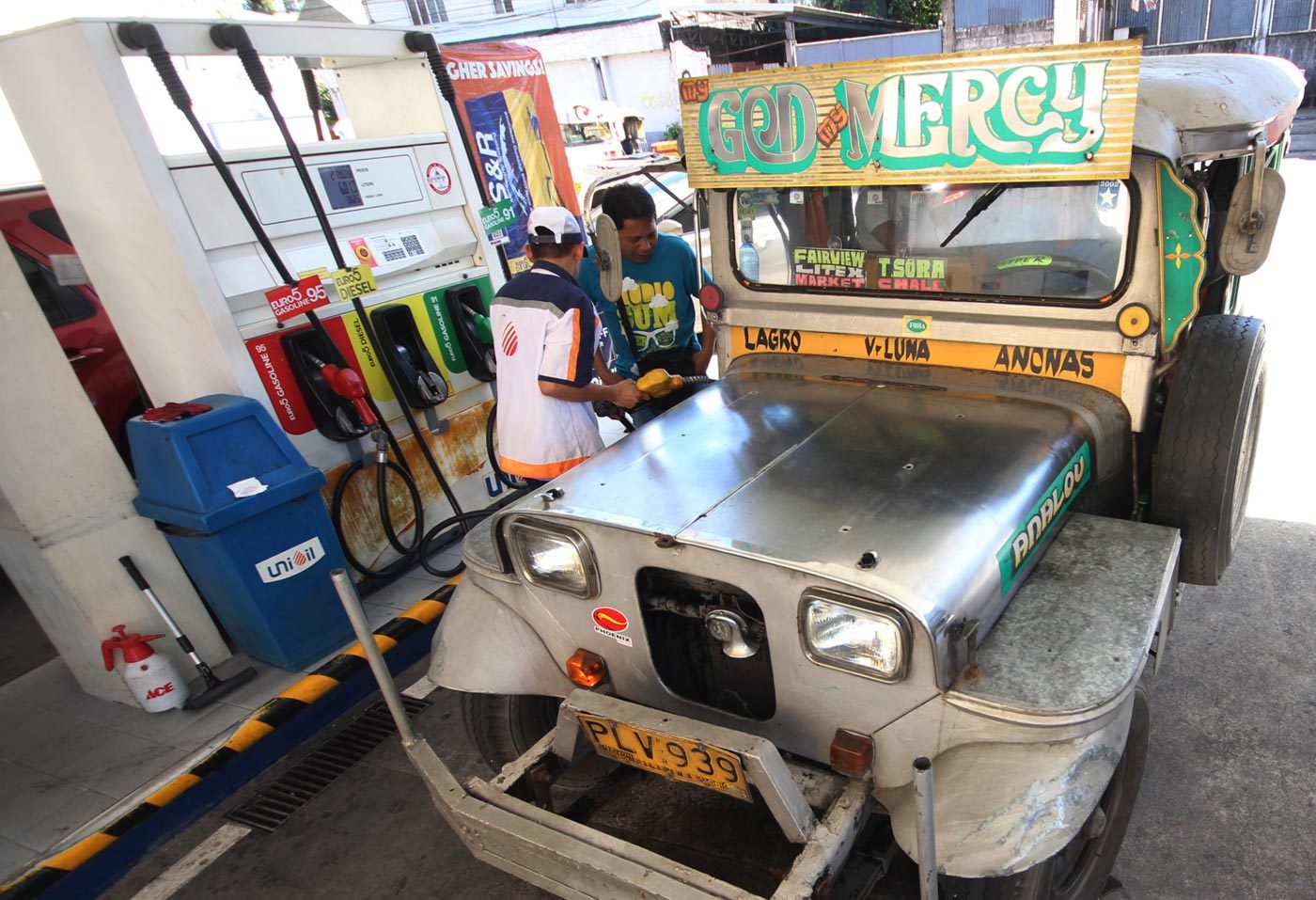
The Department of Energy (DOE) is asking Congress to amend the oil deregulation law, to allow the agency to rein in rising fuel prices.
In a letter dated Monday, October 18, the DOE asked the energy panels at the Senate and the House of Representatives to amend the law and to “provide a framework for the government to intervene and address” oil price spikes.
“In cases like that, the DOE will have the authority to suspend [or] to move for the suspension of the excise tax so we have certain measures,” said Energy Secretary Alfonso Cusi in an interview with ANC’s Headstart on Wednesday, October 20.
The energy department is also asking Congress to require the unbundling of the cost of retail fuel products “to determine their true and passed-on costs.”
Cusi lamented the temporary restraining order issued against the DOE’s Department Circular No. 2019-05-0008. The circular required the unbundling of costs so that the government would be able to determine where costs could be reduced, therefore decreasing overall prices.
In the DOE’s letter to Senator Sherwin Gatchalian, head of the Senate energy committee, it said that the cost of gasoline is P9 to P12 higher due to the “industry take.”
“That’s why we opened the market – this is deregulated. Competition is flowing. But if the industry take is the same, then where is the competition?” Cusi said.
“We want to be able to set certain limits to protect the public considering this is a very important commodity,” he added.
Responding to the proposal of consumer rights group Laban Konsyumer, Cusi maintained that an enabling law is needed for the government to suspend the excise tax on oil.
“We need legislation to do that. We cannot do that through an executive order,” said Cusi.
He also said that the Bayanihan laws, which gave President Rodrigo Duterte emergency powers, already lapsed. Laban Konsyumer, however, is asking the President to invoke his Proclamation No. 1218, which extended the state of calamity due to the pandemic until September 12, 2022.
According to the DOE, the Philippines’ oil requirement is at 425,000 barrels a day, which is around 0.4% of the world supply. Since this is low compared to bigger countries’ consumption, Cusi said the Philippines gets enough oil despite tight supply in the global market.
The DOE is also asking Congress to augment its funds to be able to provide fuel subsidies to jeepney drivers. While this is pending, Cusi said the agency has already talked to local oil companies to give discounts to jeepney drivers whose earnings have been affected by the high fuel prices.
As of Tuesday, October 19, the total increases since the start of 2021 for gasoline and diesel have reached P19.65 per liter and P18 per liter, respectively. – Rappler.com
Add a comment
How does this make you feel?
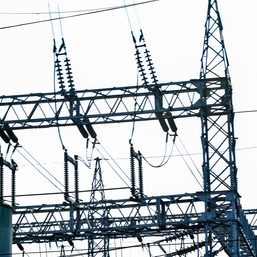
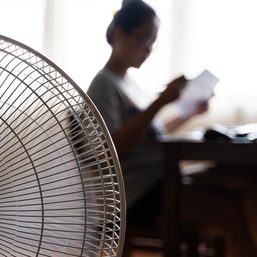
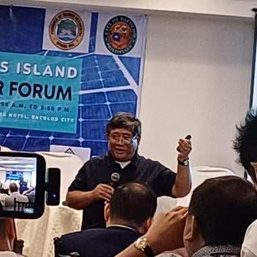
![[ANALYSIS] Panay blackouts](https://www.rappler.com/tachyon/2024/03/panay-blackouts.jpg?resize=257%2C257&crop=277px%2C0px%2C720px%2C720px)
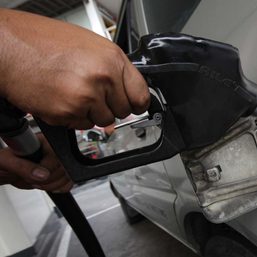
There are no comments yet. Add your comment to start the conversation.